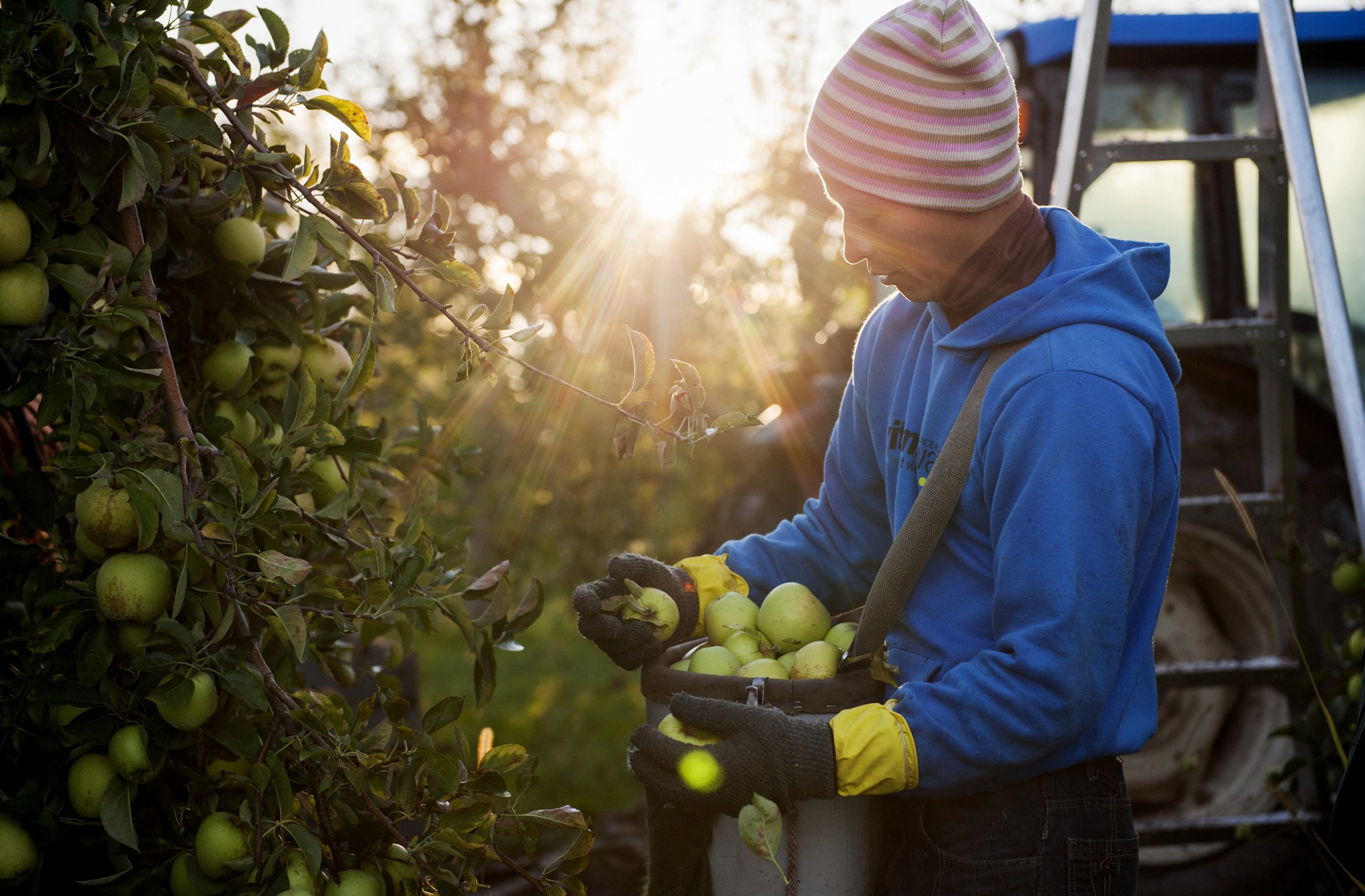
WASHINGTON — National Farmworker Awareness Week — March 25 through March 31 this year — is an attempt to not only raise awareness of the work farmers do but to also highlight issues affecting farmworkers and their families.
But the National Farm Worker Ministry — a coalition of faith groups, including Catholic organizations and several women’s religious orders — aims to do this awareness-raising all year long.
As the group points out on its website: “It is the great paradox of our food system: The very people who work to feed the U.S. struggle to feed their own families.”
And although this group focuses solely on farming, it is not the only Catholic organization looking at farmers’ needs. Several Catholic organizations are promoting this year’s upcoming reauthorization of the federal farm bill, likely to take place in September.
This legislation package, reauthorized every five years, impacts how food is grown and what kinds of foods are raised. It also includes crop insurance for farmers, food access for low-income families, and training for sustainable farming practices.
The original farm bill was enacted in the 1930s as part of President Franklin Delano Roosevelt’s New Deal legislation.
Late last year and in the beginning months of 2023, the Senate Committee on Agriculture, Nutrition and Forestry, began holding hearings about what should be included in this year’s bill.
The U.S. Conference of Catholic Bishops (USCCB), the National Catholic Rural Life Conference, Catholic Charities USA and Catholic Relief Services have worked to support policies in the farm bill that support rural communities and family farms, expand anti-hunger programs, promote conservation and good stewardship of the land, ensure safe living and working conditions for farmworkers, promote fairness for farmers in developing countries, and provide food security aid to those who are hungry around the world.
The National Farm Worker Ministry points out that nearly 2 million farmworkers work in the farms, orchards, plant nurseries, and dairies in the U.S., keeping a multibillion-dollar agricultural industry going.
The group describes farm workers as “among the poorest workers in the U.S,” dealing with hazardous conditions, pesticide exposure, heat, and lack of shade, and adequate clean drinking water. Child farmworkers also risk their safety, health, and education working the fields “because their parents can’t earn adequate wages to support a family.”
Catholic Relief Services, the official overseas relief and development agency of the USCCB, has an alert on its website asking people to “urge Congress to prioritize timely passage of the 2023 Farm Bill and to reauthorize existing international programs that address immediate hunger needs and support long-term solutions.”
The agency specifically backs these aspects of the bill:
— McGovern-Dole Food for Education, which provides free, nutritious school lunches for millions of children who might not otherwise have a daily meal.
— Food for Peace, which has provided emergency and developmental support to more than 4 billion people around the world since 1954.
— Farmer-to-Farmer, which enables U.S. volunteers to help train and support farmers in other countries so they can adapt to climate change and improve their harvests.
The CRS site, https://bit.ly/42Mwl1O, includes a form to be filled out and sent to one’s elected official in Congress.
National Farmworker Awareness Week takes place annually on the last week in March to coincide with the March 31 celebration of Cesar Chavez, the farm labor leader and civil rights activist who co-founded the group that later became the United Farm Workers labor union.
The National Catholic Rural Life Conference recognizes March 31 as one of its office holidays.
The Catholic Labor Network points out on its website that the Catholic Church played a critical role in the great farmworker organizing campaigns of the ’60s and ’70s, especially in California, where Chavez and the United Farm Workers organized grape harvesters and called for a boycott of grapes to get better rights for workers.
“Chavez, himself deeply committed to his Catholic faith,” it said, “relied on allies in the Church and the wider community to promote the boycott and secure basic rights for workers in the fields.”
